-
×
 Sun Cheek Conure
1 × ₨ 110,000
Sun Cheek Conure
1 × ₨ 110,000 -
×
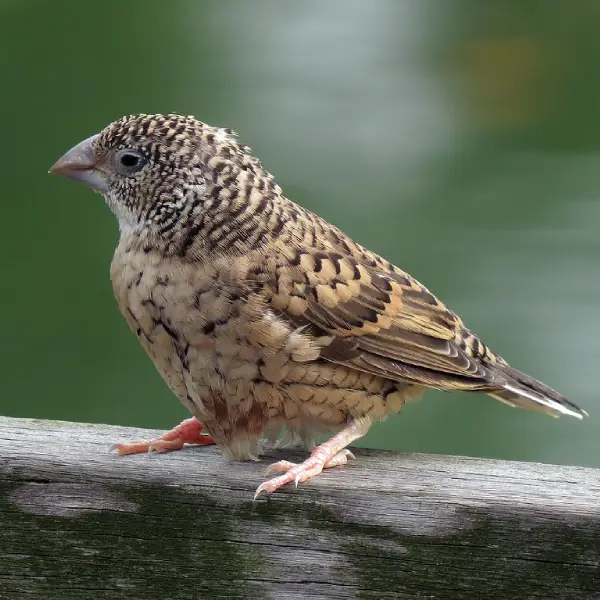 Common Cut-throat
1 × ₨ 18,000
Common Cut-throat
1 × ₨ 18,000 -
×
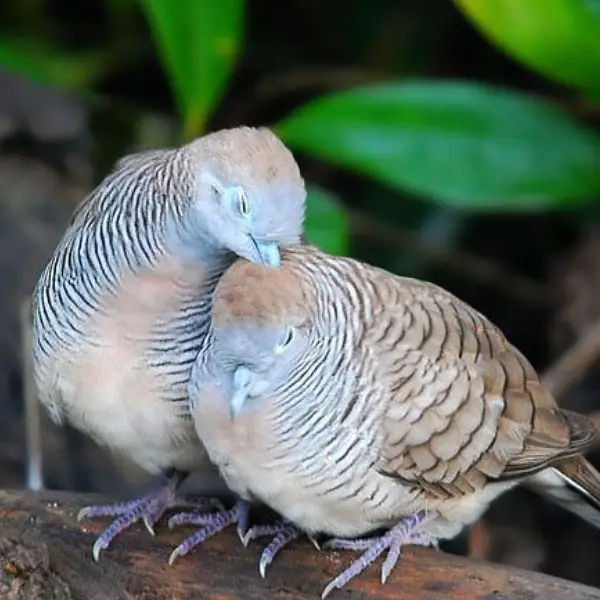 Zebra Dove
1 × ₨ 15,000
Zebra Dove
1 × ₨ 15,000 -
×
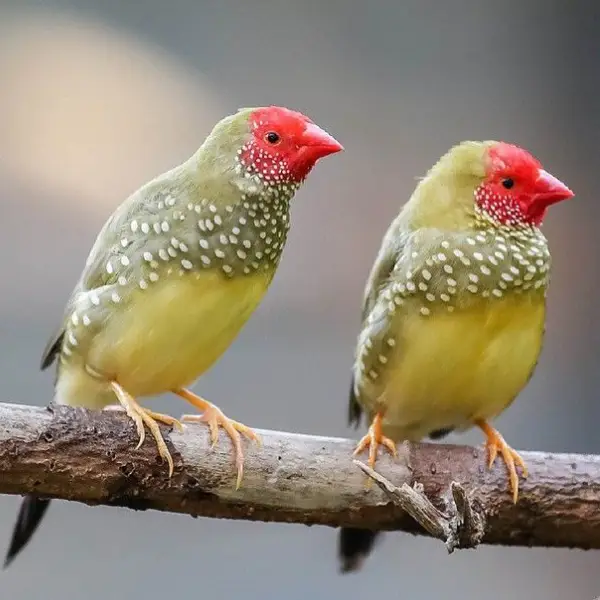 Green Star Finch
1 × ₨ 15,000
Green Star Finch
1 × ₨ 15,000 -
×
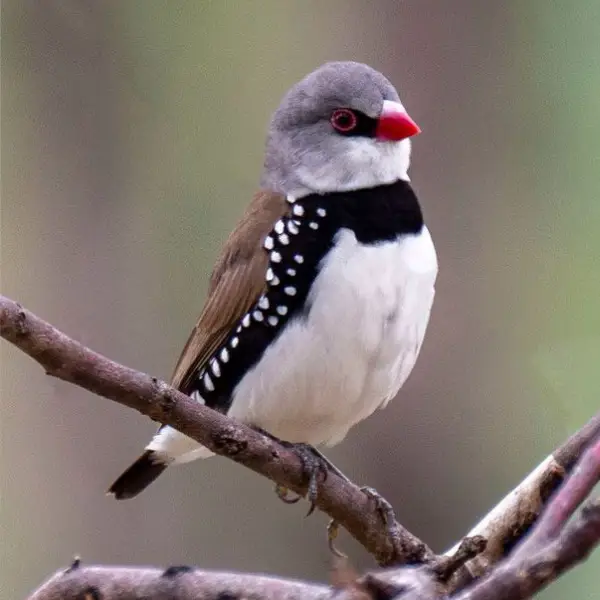 Gray Diamond Firetail Finch
2 × ₨ 20,000
Gray Diamond Firetail Finch
2 × ₨ 20,000 -
×
 Yellow Monk
1 × ₨ 140,000
Yellow Monk
1 × ₨ 140,000 -
×
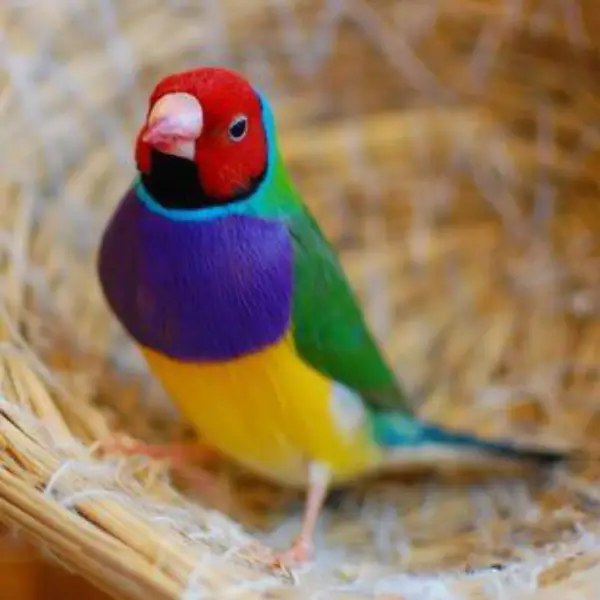 Common Gouldian Finch
1 × ₨ 10,000
Common Gouldian Finch
1 × ₨ 10,000
Subtotal: ₨ 348,000







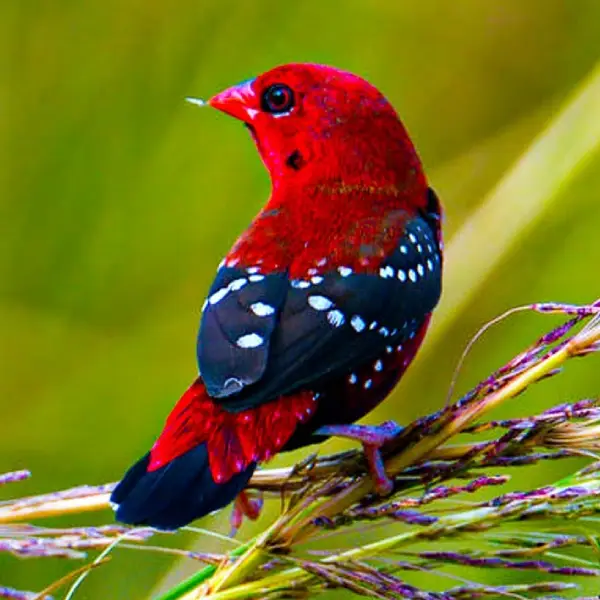
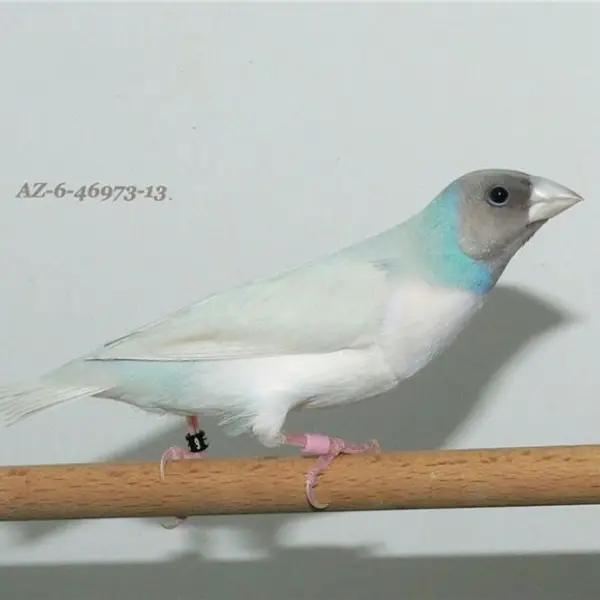
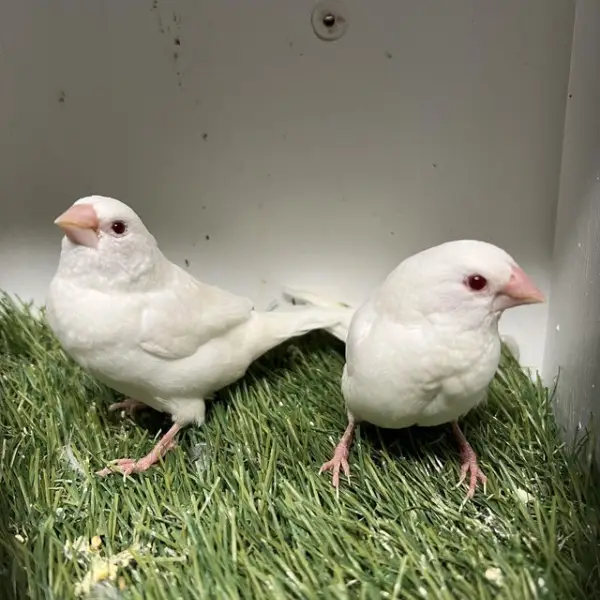

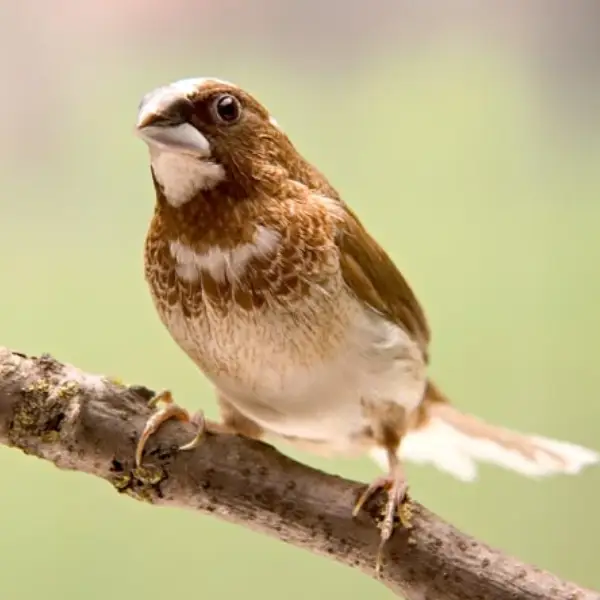
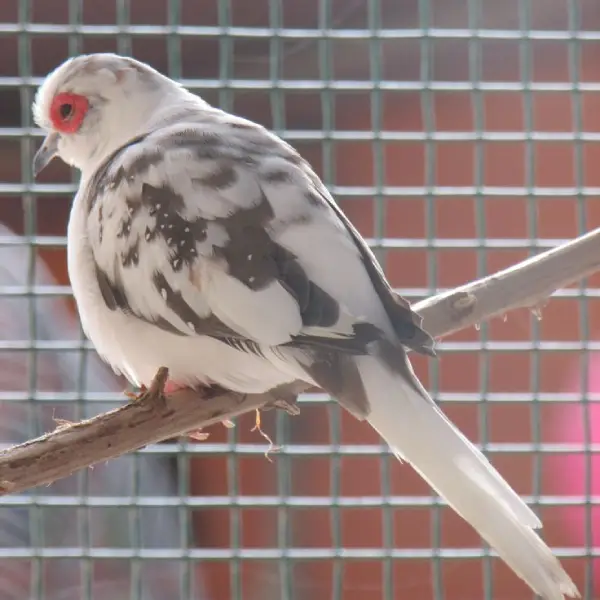

Reviews
There are no reviews yet.